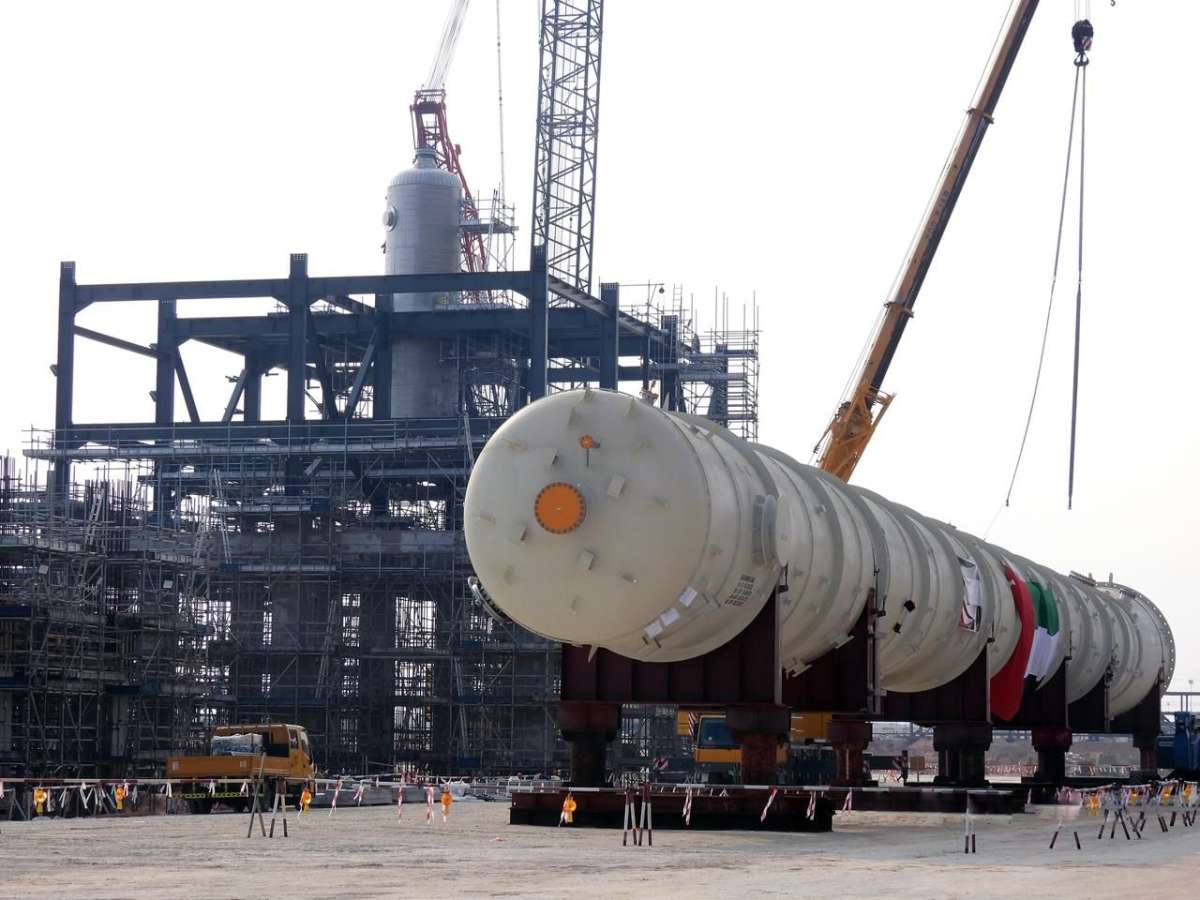During 2023, the number of new industrial licences issued jumped 51 percent, reaching 363 by year’s end…reports Asian Lite News
New data from the Abu Dhabi Chamber shows a surge in industrial licensing within the emirate (excluding free zones). During 2023, the number of new licences issued jumped 51 percent, reaching 363 by year’s end. This remarkable growth reflects Abu Dhabi’s rise as a regional industrial powerhouse.
The launch of the Abu Dhabi Industrial Strategy, spearheaded by H.H. Sheikh Khaled bin Mohamed bin Zayed Al Nahyan, Crown Prince of Abu Dhabi and Chairman of Abu Dhabi Executive Council, has further fuelled this transformation. This strategic initiative aims to significantly expand the industrial sector, boosting its contribution to the emirate’s GDP.
The Abu Dhabi Industrial Strategy has ambitious goals. It seeks to double the size of the manufacturing sector to AED172 billion, create 13,600 skilled jobs, and increase Abu Dhabi’s non-oil exports by 143 percent to AED178.8 billion, by 2031. Furthermore, the strategy seeks to improve the UAE’s ranking in global industrial competitiveness indicators, where the country already holds the top spot regionally and sits at 29th globally (according to the UNIDO Competitive Industrial Performance Index).
Statistics from the Abu Dhabi Chamber reveal a growing presence of foreign companies in the emirate’s industrial sector. In 2023, 46 foreign firms participated in 15 diverse industrial activities. The leading area of involvement is mining support services, attracting 13 foreign companies. Manufacturing sectors like chemicals and basic metals also saw significant foreign participation with 5 and 4 companies respectively.
The range of industrial activities in Abu Dhabi is extensive. It encompasses sectors like wood and wood product manufacturing (excluding furniture); paper and paper product manufacturing; rubber and plastic product manufacturing; fabricated metal product manufacturing (excluding machinery and equipment); waste collection, treatment, disposal, and material recovery; beverage manufacturing; machinery and equipment manufacturing; food product manufacturing; other non-metallic mineral product manufacturing; computer, electronic, and optical product manufacturing; electricity, gas, steam, and air conditioning supply; and water collection, treatment, and supply.
ALSO READ-DP World Foundation Provides Over 360K Iftar Meals

Leave a Reply